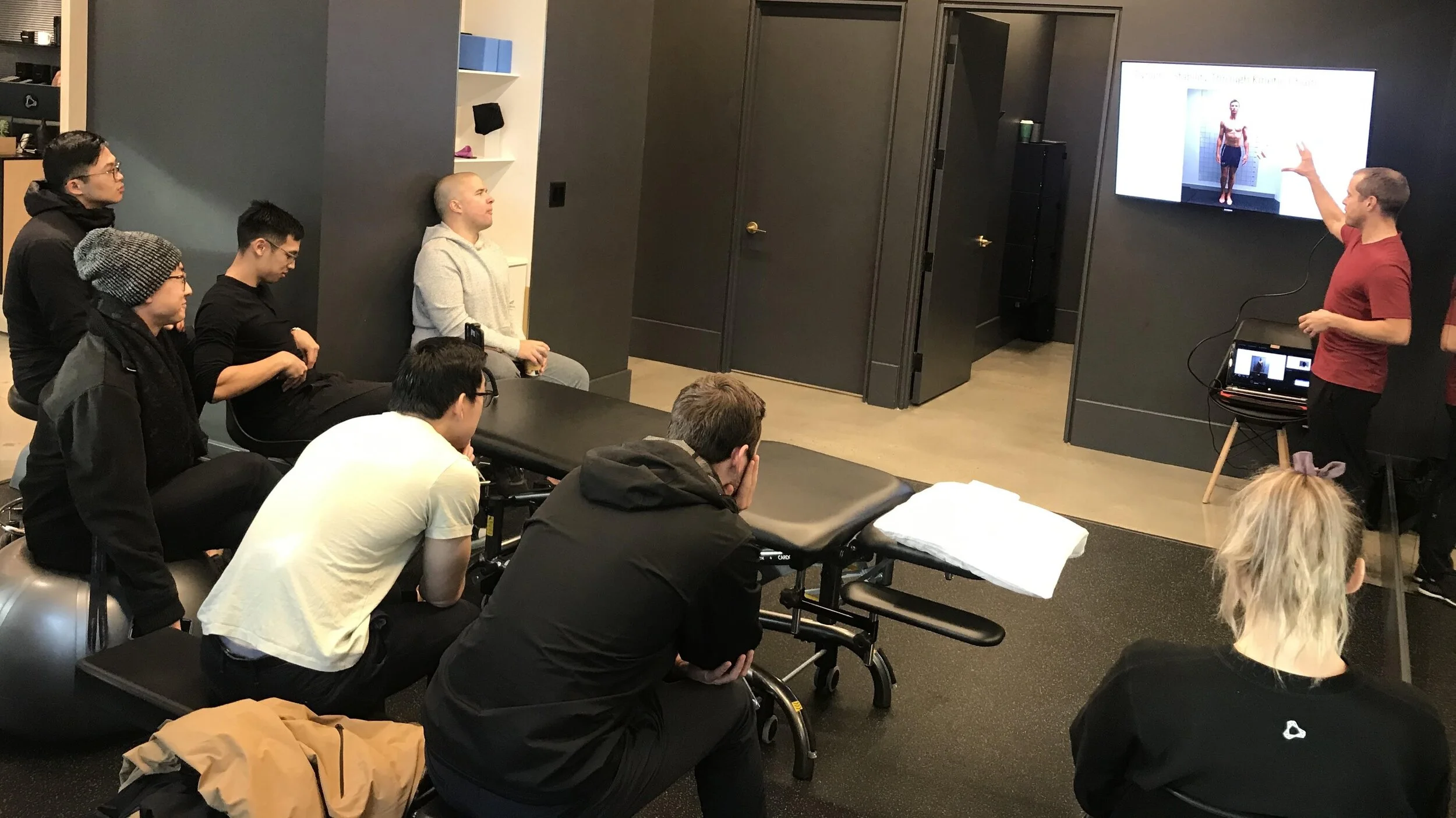As many practitioners will testify, it is after we have completed our formal education, professional training and certification that the real learning begins. The day to day experience of solving problems with live humans is when we discover the limits of our knowledge. It is also here that we find out that the reality is quite different to what is taught in class and the version that appears in (most) textbooks. Individuals, organisations and certifying bodies alike recognise this need to continue our learning once we are working in our respective field. The terms continuing education, continuing professional development and variations thereof will be familiar to most practitioners across disciplines (sadly it is not so well established in the coaching profession). What is less clear is how we might best tackle this ongoing quest and make good choices from the growing array of options with regards to content and the modes of delivery that are available to us.
Clues for Successful Youth Sports Parenting
Parents play a vital role in supporting their child to participate in youth sport. Parents are quite literally the driver, providing both the opportunity and transportation. Youth sports parenting is a full time job in itself, demanding considerable investment in terms of both money and time. It is parental support that affords kids the opportunity to participate and derive the myriad benefits associated with youth sports, which span athletic, health, scholastic, and life skill realms. Naturally, parents are invested in their child’s youth sports participation, and this investment often leads to increasing involvement. Yet despite the best intentions there are adverse consequences when parental involvement or intervention becomes excessive. In this Informed Blog post we unravel the complexity and challenges of being the parent of a youth sports athlete, and attempt to offer some clues to help guide parents to walk this fine line at different phases in the youth sports journey.







